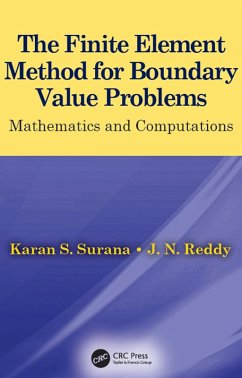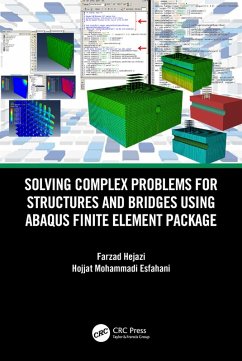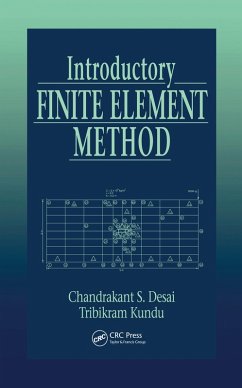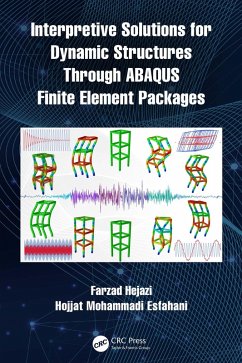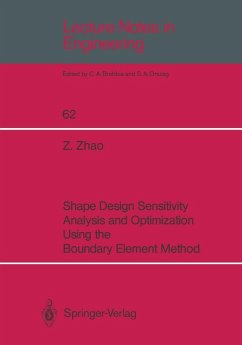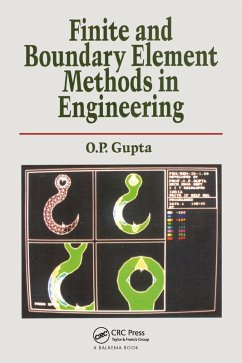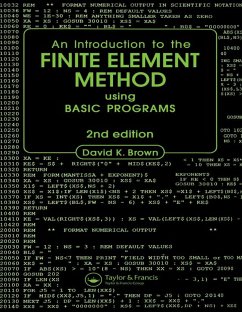
The Finite Element Method for Boundary Value Problems (eBook, PDF)
Mathematics and Computations

PAYBACK Punkte
93 °P sammeln!
Written by two well-respected experts in the field, The Finite Element Method for Boundary Value Problems: Mathematics and Computations bridges the gap between applied mathematics and application-oriented computational studies using FEM. Mathematically rigorous, the FEM is presented as a method of approximation for differential operators that are mathematically classified as self-adjoint, non-self-adjoint, and non-linear, thus addressing totality of all BVPs in various areas of engineering, applied mathematics, and physical sciences. These classes of operators are utilized in various methods o...
Written by two well-respected experts in the field, The Finite Element Method for Boundary Value Problems: Mathematics and Computations bridges the gap between applied mathematics and application-oriented computational studies using FEM. Mathematically rigorous, the FEM is presented as a method of approximation for differential operators that are mathematically classified as self-adjoint, non-self-adjoint, and non-linear, thus addressing totality of all BVPs in various areas of engineering, applied mathematics, and physical sciences. These classes of operators are utilized in various methods of approximation: Galerkin method, Petrov-Galerkin Method, weighted residual method, Galerkin method with weak form, least squares method based on residual functional, etc. to establish unconditionally stable finite element computational processes using calculus of variations. Readers are able to grasp the mathematical foundation of finite element method as well as its versatility of applications. h-, p-, and k-versions of finite element method, hierarchical approximations, convergence, error estimation, error computation, and adaptivity are additional significant aspects of this book.
Dieser Download kann aus rechtlichen Gründen nur mit Rechnungsadresse in A, B, BG, CY, CZ, D, DK, EW, E, FIN, F, GR, HR, H, IRL, I, LT, L, LR, M, NL, PL, P, R, S, SLO, SK ausgeliefert werden.




